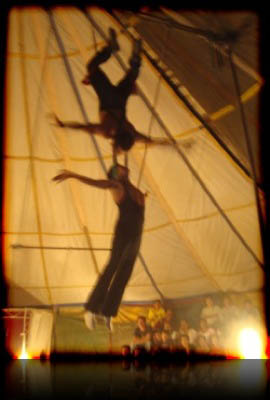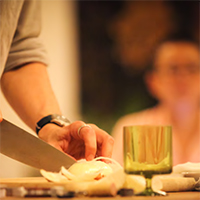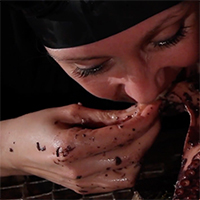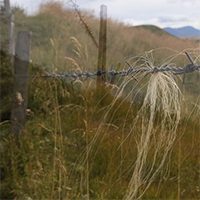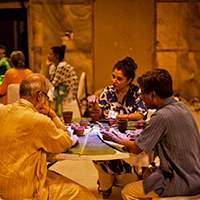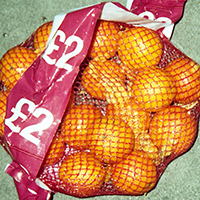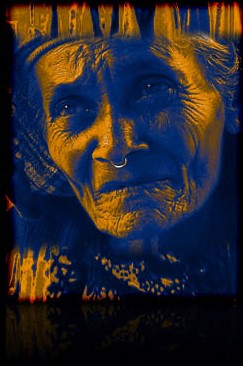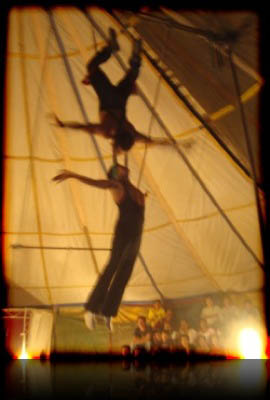
About the Journal
InTensions was an interdisciplinary peer reviewed e-journal published out of School of Arts, Media, Performance, and Design at York University. This initiative brings together interventions by scholars and artists whose work deals with the theatricality of power, corporealities of structural violence, and sensory regimes.
InTensions has discontinued publishing. This site is now maintained by York University Libraries for the purpose of preservation and ongoing access.
Current Issue
2018: 9.0 - Food for Thought: Food, Embodiment, and Knowledge

